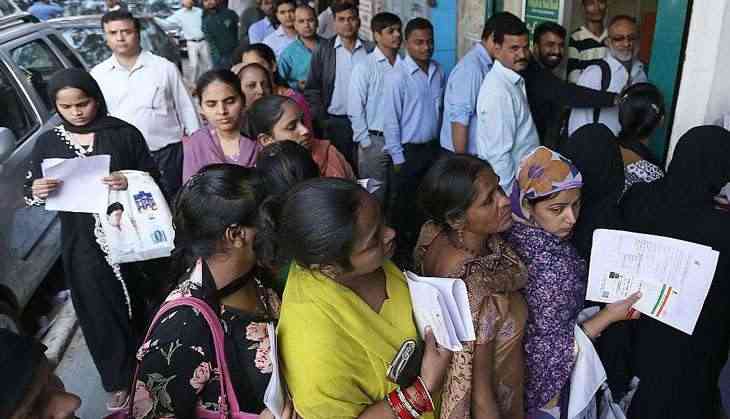
The demonetisation policy is not expected to have a long-term impact on domestic demand in India, which is projected to clock a 7.9 percent growth in fiscal 2018, a senior UN economic official said today.
"We do not really see that the dynamics of India have shifted very much," Dawn Holland, Senior Economic Affairs Officer, Global Economic Monitoring Unit, Development Policy and Analysis Division in the UN Department of Economic and Social Affairs, told reporters here.
The official was responding to a question by PTI on a UN report released today which revised downward India's economic growth forecast for 2017 but predicted an increased 7.9 percent GDP growth next year.
"Slower growth this year and faster growth next year is more a shift in the timing of expenditure which is largely related to the demonetisation policy that did have an impact slowing domestic demand in the short term but we do not see this as having a longer-term impact," the official said.
"It is sort of a transitory effect on the economy as a whole. So (India) still remains one of the fastest growing countries in the world," Holland added.
The UN World Economic Situation and Prospects as of mid- 2017 report, launched here today, said India is projected to achieve a 7.3 percent growth in fiscal 2017, a downward revision from the 7.7 percent forecast for the year made when the report was launched in January.
The January report had not taken into consideration the impact of the demonetisation policy on India's economic growth.
The revised report projected that India will achieve an impressive 7.9 per cent GDP growth in fiscal 2018, revising upwards its January estimates when it had said India's growth will be 7.6 percent next year.
-PTI


